Following the outbreak of coronavirus (COVID19) and the ensuing lockdown, the psychological health of society has been put under immense pressure. Fear, stress, and anxiety over health, social isolation, education, and livelihood prevail. As restrictions start to lift in different phases across the country, it is imperative to formally support people’s mental well being as reiterated by the United Nations in their recent policy brief: COVID19 and the Need for Action on Mental Health[1] The level of intervention required, however, will be a major struggle for India’s already overburdened and under-resourced mental health care system. Innovative models will be needed to address the challenge. According to the World Economic Forum (WEF); “only through local community-based responses will India find the capacity to deal with this unfolding crisis.”[2]
A recent online survey was undertaken by a citizen engagement platform, LocalCircles, found a 166% increase in the number of people in India feeling anxious from lockdown 1.0 in April to unlock 1.0 in June.[3] Dr. Plaban Das, Medical Director of Planter’s Hospital, Darjeeling says that “the number of patients presenting to the hospital with anxiety and psychosis has escalated over the past few months”. Dr. Das maintains that this is linked to “irrational fears of infection and death from COVID19”, attributed to the “circulation of misinformation and rumors about the virus”. In light of this, a focus on disseminating factual information in the community will be vital in helping to combat some of the mental distress being experienced.

While each of us will be affected in one way or another by this new emerging mental health epidemic, it is those most ‘vulnerable’ in society who will bear the brunt. Some of the major drivers of Darjeeling’s economy are tea garden production, tourism, education, and small scale agriculture, with a large section of the population engaged in informal work and trade. All of which have been hit particularly hard by COVID19 lockdown. Although tea plantations have reopened and some businesses resumed, with health and safety protocols in place, the economic effects of the shutdown will be felt for some time to come. The tourism sector in particular will face a difficult time ahead with the Economic Times reporting that tourism in Darjeeling is anticipating a “Rs 350 Crore loss during the forthcoming festive season”.[4] With so many people out of work and unable to pay school fees many teachers working in low cost rural private schools have not been able to receive a salary since schools shut in March.
Seasonal and long term migration of people of Darjeeling to the other parts of India and abroad is an important component of the region’s economy that is not acknowledged. Amid the easing nationwide lockdown, a large number of these migrants are returning home and creating a lot of stress at the community level. There is a lot of fear and apprehension of COVID19 spread with the return of migrants. Aside from the obvious health concerns, people are also anxious about the financial implications of further lockdowns being imposed for the migrants who have left their jobs and have a low level of employment possibility on their return. The migrants themselves are facing high levels of anxiety in relation to stigmatization as “virus carriers”, the health of their families, and economic hardship resulting from loss of income and employment.
The impacts of all this being that households with limited resources will struggle to meet their basic needs while high levels of unemployment, created as a result of the economic stagnation and loss of livelihoods, could see people fall into indebtedness and economic hardship. Thus compounding the stress and tension families are already experiencing in this unprecedented time.
Educational Concerns amid and beyond Lockdown
Uncertainties and barriers surrounding access to education during the lockdown are another areas of concern and anxiety for young people, their families, and the teachers trying to keep their students engaged while covering the curriculum. With children learning from home, necessitating significant parental engagement, extra pressure has been placed on families as a whole. Children absorbing household anxiety, along with their own fears and worries in this complex time, will face difficulties concentrating and absorbing new information. Sensitivity to how children are accessing this information is paramount.
The COVID19 pandemic has particularly highlighted the urban-rural resource divide in India. In Darjeeling, as in other parts of the country, the digital divide has been implicated in the difference between how teachers from urban versus rural schools have been able to deliver content. Urban and rural teachers and students do not have the same access to the internet, phones, time, and other resources thus widening an already existing educational divide. Once schools reopen it will be likely that some form of home education will need to continue. Relying on one medium (i.e. digital) for content delivery will not be sustainable. A multi-pronged approach based on community context will need to be assessed with a focus on available resources. For example, utilizing local radio or TV channels to deliver content or providing the students with educational packages and self-based learning materials. Literacy rates also highlight the gap in access to enrichment and school support in urban versus rural settings. According to the 2011 Census, the average literacy rate for urban Darjeeling was 80% compared to 72% at a rural level[5]. Rural households are more likely to have an illiterate caregiver (s) putting these children at a disadvantage compared to those who have more learning support at home.
With the academic year shorted there will be extra pressure among teachers to complete the core syllabus. Education, however, extends beyond the academic. When considering the return to school the student’s mental and emotional well being needs to be prioritized so they will be ready to positively engage with formal learning again.
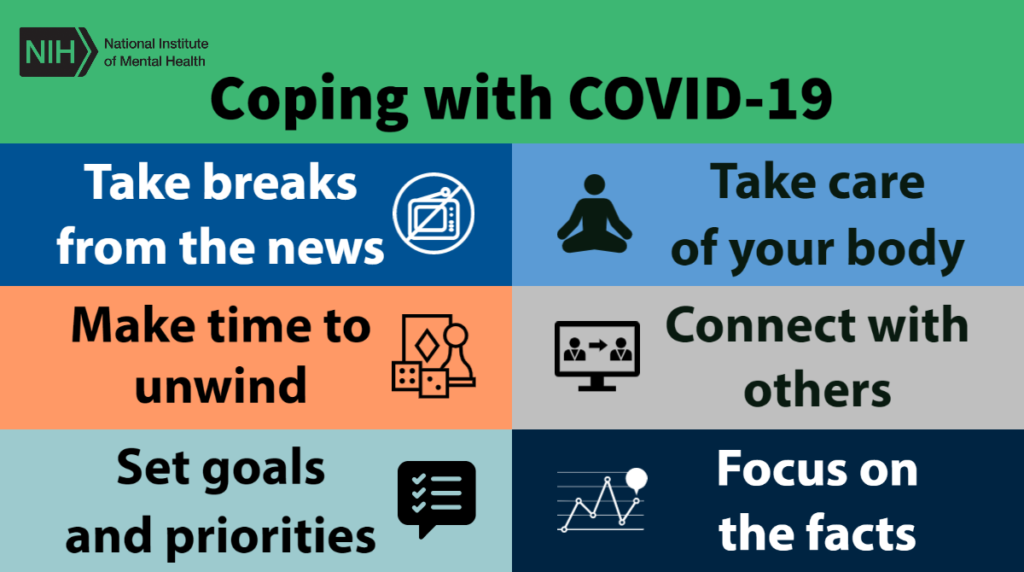
Harnessing Community Power in Darjeeling to Tackle Mental Health Challenges
DLR Prerna is a Darjeeling based NGO that has over 2 decades of experience in community based sustainable development initiatives in the Darjeeling region. Through a partnership with Broadleaf Health and Education Alliance, DLRPrerna has been working on promoting health and hygiene in local rural schools for more than 10 years. With support from Mumbai based Mariwala Health Initiative, this project recently expanded to include the training of teachers in low-cost private schools in rural Darjeeling on mental health delivery in the classroom with some promising results emerging.
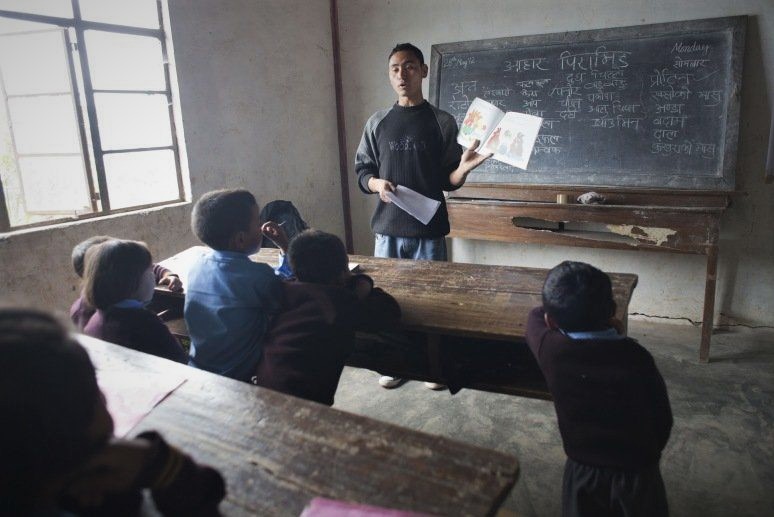
Since the emergence of COVID19 and the subsequent lockdown the mandate of this work needed to be renegotiated to respond to the evolving needs of the community. Rapid community assessments were conducted and liaisons between Government bodies and communities established to ensure access to available benefits during this time of crisis. Teams have also been working closely with our front line community workers (such as Social Health Activists, Teachers, and Community Animators) to equip them to deliver community-level public health support. This is being facilitated through online training, virtual workshops, resource sharing, and regular communication. The aim is to enhance mental health coping mechanisms for dealing with stress and anxiety alongside general health messaging as it relates to COVID19 to dispel myths while reinforcing safe practices to be followed.
With India entering into unlock 2.0 and the restrictions starting to lift, schools are trying to prepare as best they can for the transition back and all the requirements that will need to be met with regard to hygiene, cleanliness, physical distancing, and curriculum. DLR Prerna teams recently held interactive virtual workshops with partner school principals and teachers. This gave everyone a platform to voice their concerns as well as share their ideas and to collaborate on some strategies for the safe return to school. Solutions will be iterative and all final decisions will be predicated on the Government’s guidelines once released. Nevertheless, it is important to be prepared as best as possible. It is likely that COVID19 will be around for the foreseeable future and the role of formal education on our children’s social-emotional-intellectual development can not be overlooked. If measures can be implemented and observed to keep the school environment safe then children will benefit greatly from returning to school.
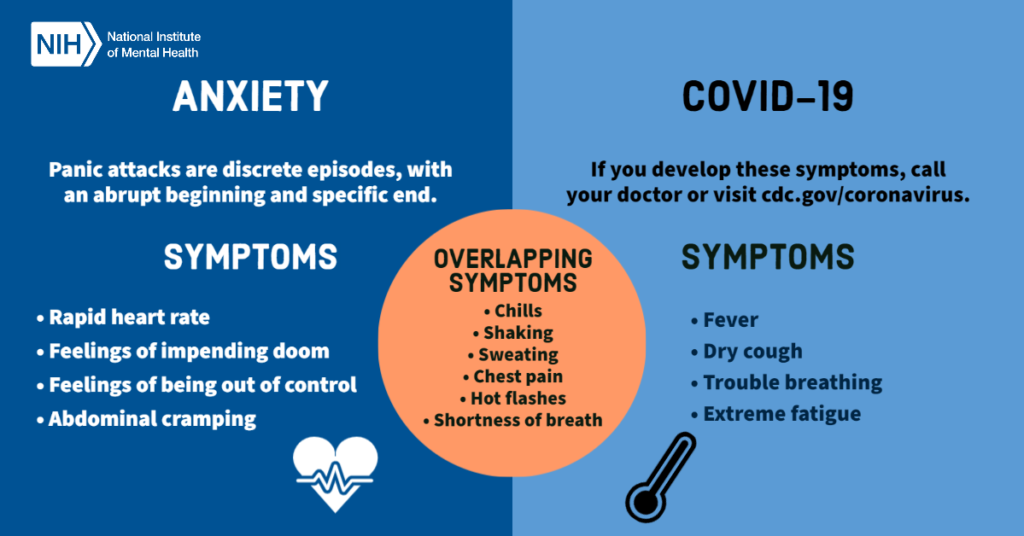
During the workshops, the practical sides of reopening were discussed in detail, such as daily safety protocols, concepts of batching students (dividing the students into smaller groups and calling each group on different days or in shifts on the same day to the school) and blended learning (a mixture of in-school and remote learning) There were also in-depth sessions on strategies for emotional and mental health support for children and teachers post-COVID shutdown. The importance of investing time and energy into rebuilding a nurturing classroom community by reconnecting with students and taking time to address their worries and fears was emphasized. Teachers were provided with various coping strategies that both they themselves and the children could use to overcome stress. The feedback was overwhelmingly positive with 86% of participants saying they would attend a follow-up workshop and 100% agreeing that the workshop should be carried out in other schools. The next step is to carry out this kind of workshop with other schools in rural and urban Darjeeling. This is one example of working together to build resilience and strengthen coping mechanisms not only among the students and teachers but the wider community.
Collaboration between Concerned parties and Local Administration required for Future Planning
In this time of great uncertainty and complexity, it has never been more important to nurture mental health well being. The effects of COVID19 reach beyond physical health, into psychological and emotional health as well. By taking the time to understand the dynamic ways that COVID19 and the shutdown are affecting people, we can work together to respond as best we can to the multitude of stressors emerging. Practical engagement with the community through skill, knowledge, and resource sharing will help to build resilience, promote positive coping strategies, and to facilitate social connectedness.
With the country starting to open in phases, preparation for the transition back to school is creating a lot of anxiety. The decisions taken will ultimately impact the community as a whole and as such necessitate collaboration between all stakeholders such as parents, school management, civil society, and local Government to ensure the best possible solutions are devised. There needs to be open and ongoing dialogue surrounding health and safety procedures to be implemented in the schools and surrounding communities and learning processes to be followed in school and at home to enable syllabus completion. In addition, mental health strategies for the staff, students, and the wider community need to be discussed as a priority. Once schools reopen it is likely that a blend of ‘ in-person classes and distance learning’ will be utilized to deliver the curriculum. However not all schools and students have the same access to the digital mediums required for online learning highlighting, in particular, the urban-rural resource divide. For this approach to be effective and equitable a combination of adaptable tools and mediums for content delivery will need to be explored.
Within this crisis, however, there is an opportunity to challenge how the overall education system is approached. Inequalities, such as access to resources, need to be tackled and innovative responses considered. Education which looks beyond the academic to encompass the social and emotional development of the student needs to be facilitated. To begin with, the capacity of the schools and teachers should be supported and strengthened to ensure the transition to a safe, protective, and nurturing environment once the schools reopen.
For anyone interested in availing of the DLR Prerna principal and teacher workshops please contact at dlrp.assist@gmail.com
Writes: Catherine Canavan Shrestha

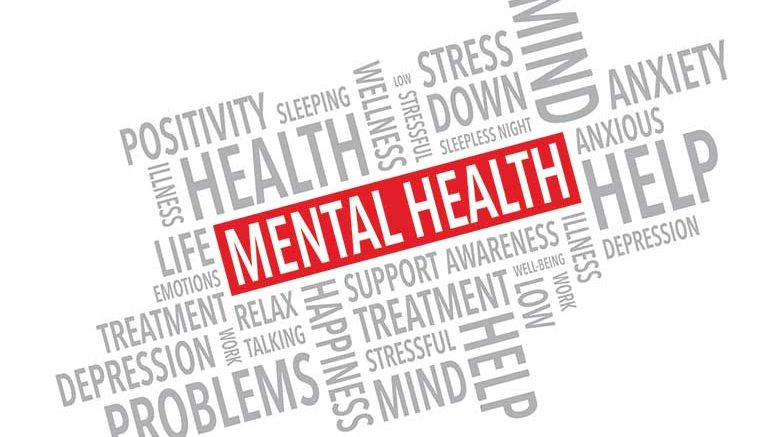



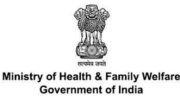
Leave a comment